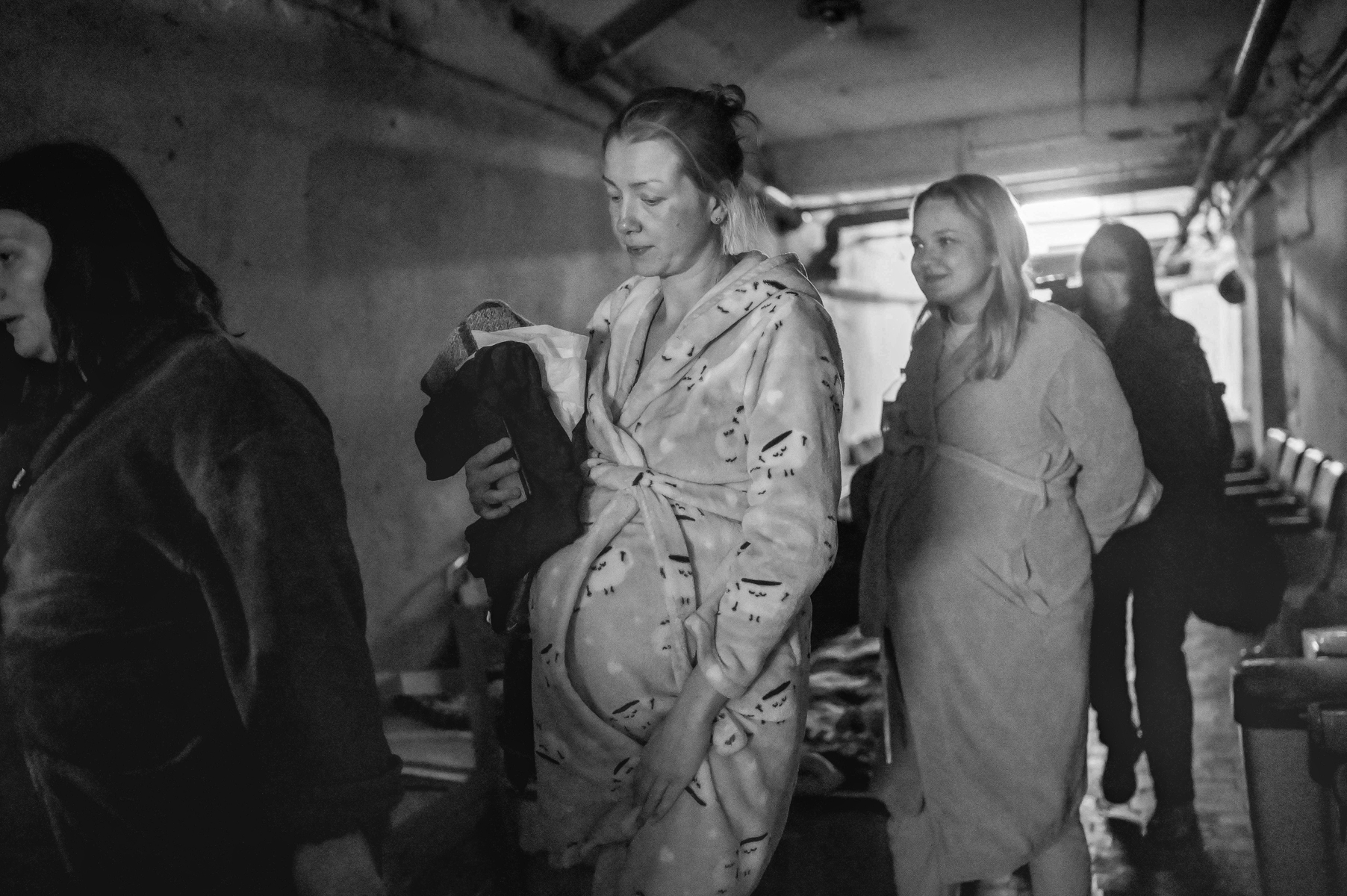Aggregated News

On Feb. 24, in the early hours of a cold, dark morning in Lviv, two phones in one apartment rang nearly simultaneously. The phones belonged to two women, Maryna and Nataliia, professional colleagues of a sort and temporary roommates; they were also newfound friends, both of them pregnant and near the beginning of their third trimesters. Just over a week earlier, they had come from Kyiv, where they’d both been living, on a kind of business trip. Lviv was around an eight-hour train ride away, a hassle of a journey even for someone who wasn’t pregnant, and it was especially unappealing in the heart of a freezing Ukrainian winter. But the American businesswoman who was working with them insisted — the clients demanded it. They would be away two weeks at the most, she’d told them. Their manager tried to sell it: See it as a paid vacation to Lviv! The town was well known to Ukrainians for its historic cobblestone streets and charming pastel townhouses.
Under different circumstances, the trip might have held more...



